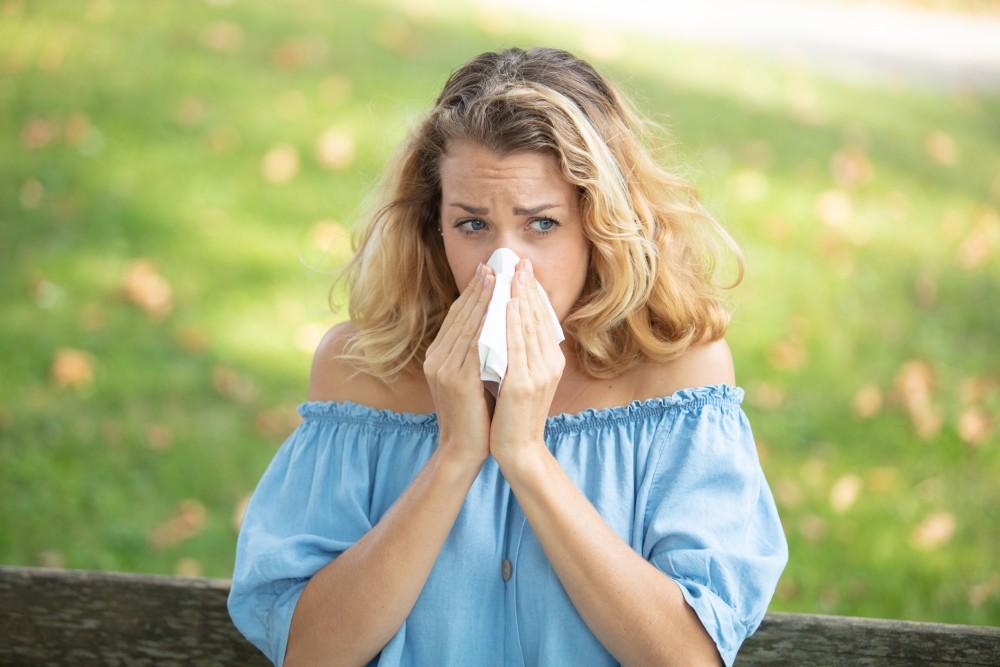
What Causes Respiratory Allergies and Can They Be Prevented?

You’re not alone if you find yourself sneezing, coughing, and dealing with a runny nose with every change of season. Millions of Americans struggle with allergies. Whether caused by pollen or ragweed, respiratory allergies are challenging, often interfering with daily life.
If you suffer from allergies, you want to know why you have them, and even more importantly, what you can do to prevent them.
At Respacare in Bridgewater, New Jersey, our team of allergy specialists diagnose and treat respiratory allergies. Here, we provide answers to your questions.
Understanding respiratory allergies
Allergies are an immune system reaction designed to protect your health. When you come in contact with a foreign invader, your immune system releases chemicals to attack the invader and prevent illness.
But with allergies — the immune system is what triggers the illness. When you come in contact with your allergen, your immune system sees it as harmful, causing the release of a cascade of chemicals that lead to the allergic reaction: hives, itchy eyes, swollen throat.
Allergies can affect any body system, like the skin, digestive system, or respiratory system.
Respiratory allergies cause respiratory symptoms, affecting the nose, throat, and lungs. Though coughing and sneezing are common symptoms, respiratory allergies may also affect breathing.
Allergic rhinitis and allergy-induced asthma are types of respiratory allergies.
The cause of causes respiratory allergies
Many substances may cause respiratory allergies. However, the most common include:
- Pollen
- Grass
- Ragweed
- Dust
- Mold
- Pet dander
Many of the above allergens cause seasonal allergies. When you have symptoms may help determine the cause of your allergies. For example, if you get cold-like symptoms every spring, you may be allergic to pollen. Mold is also a common culprit of summertime allergies.
We offer allergy testing to find the cause of your symptoms.
How to prevent respiratory allergies?
Minimizing contact with the allergen is the best way to prevent respiratory allergies. However, given that most respiratory allergies are environmental, they’re hard to avoid. You can manage symptoms with allergy medications and nasal saline spray. Additionally, people with allergic asthma may require bronchodilators to manage symptoms.
Allergy injections and sublingual immunotherapy are treatment options that may provide more long-term relief. This treatment involves receiving small amounts of the allergen in a controlled setting to build immune tolerance, reducing the allergic reaction.
For people with allergic rhinitis, immunotherapy may prevent the progression of allergic asthma.
While prevention of respiratory allergies may not be possible, we can devise a plan that helps you manage them.
Call our office today or book an appointment online for testing and treatment of your respiratory allergies.
You Might Also Enjoy...


Is Sleep Apnea a Life-Threatening Condition?

How to Stay on Top of Your Lung Health

The Benefits of a ResMed AirMini™ for Travelers

I Think I Have Food Allergies: Can You Help?


